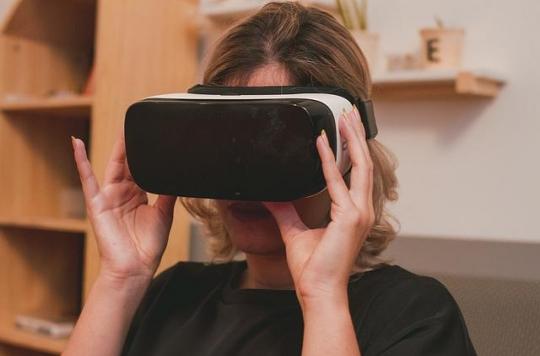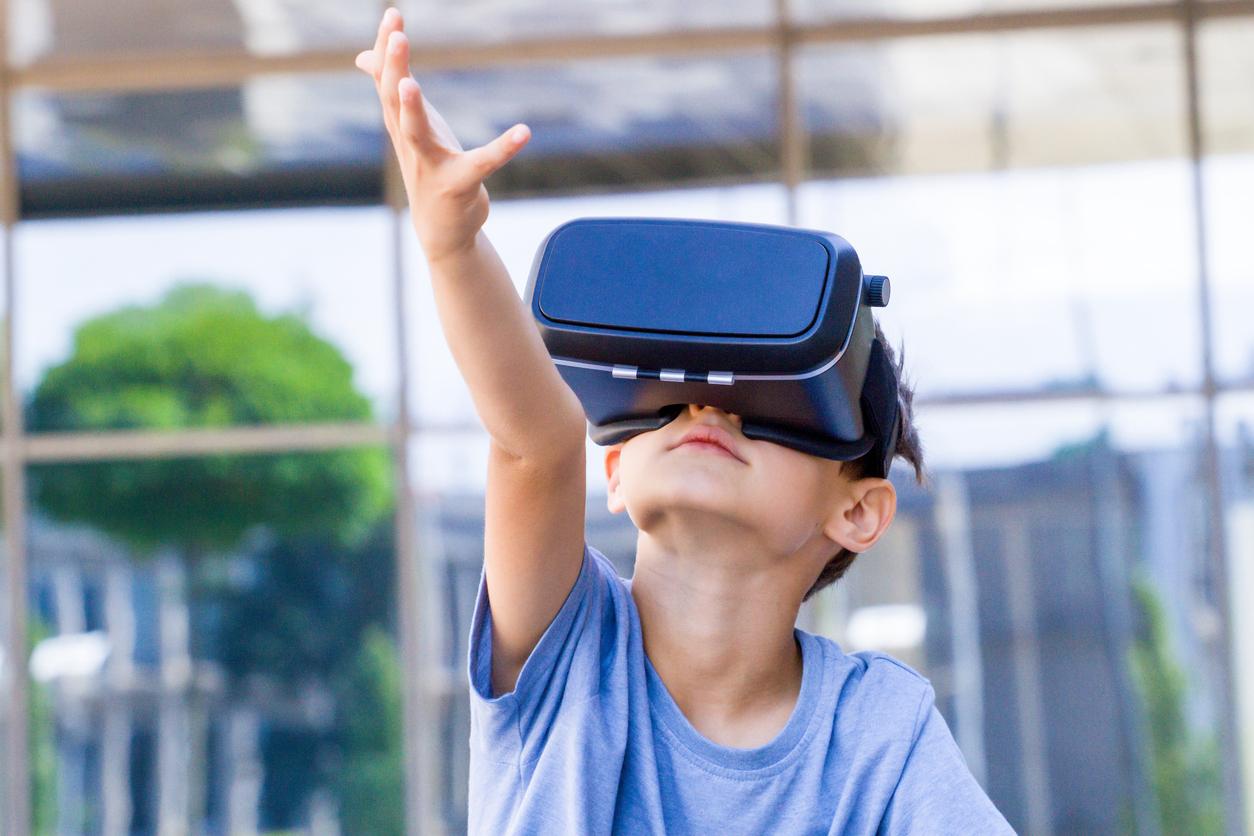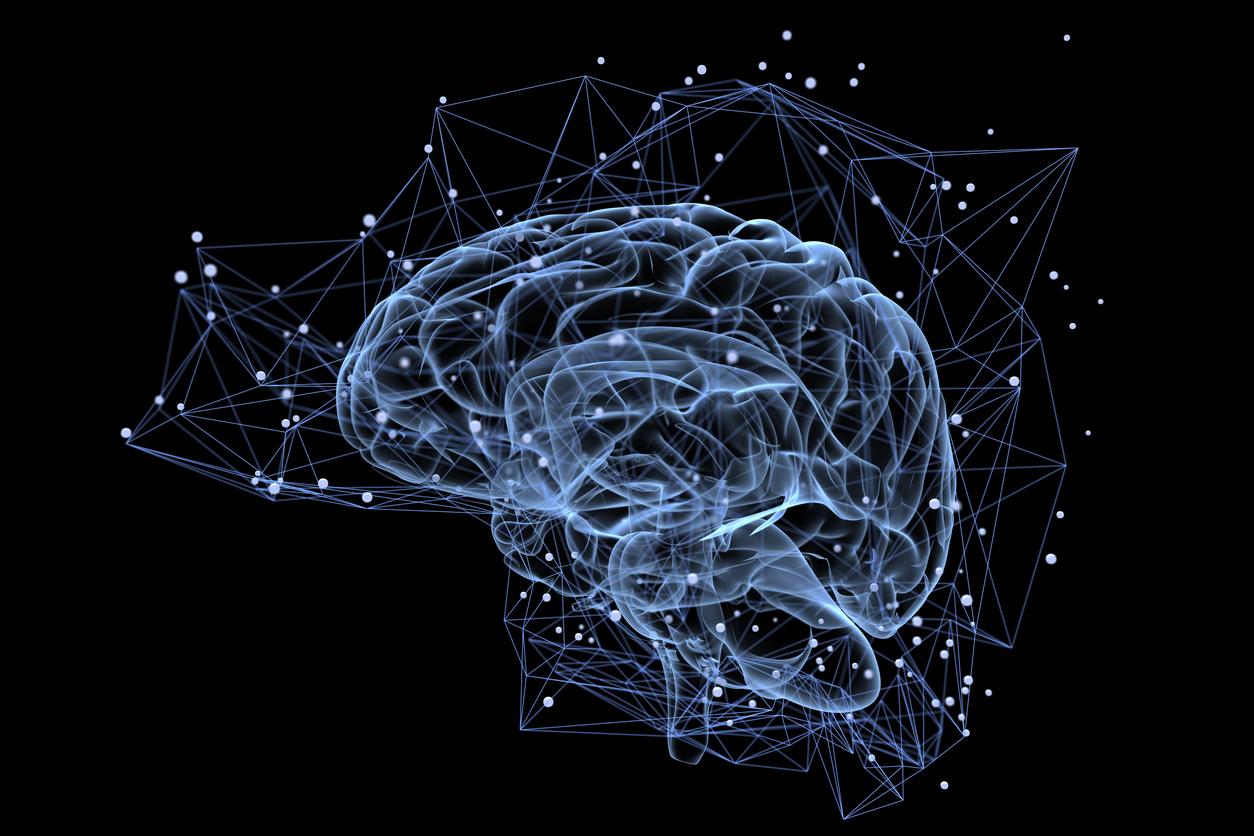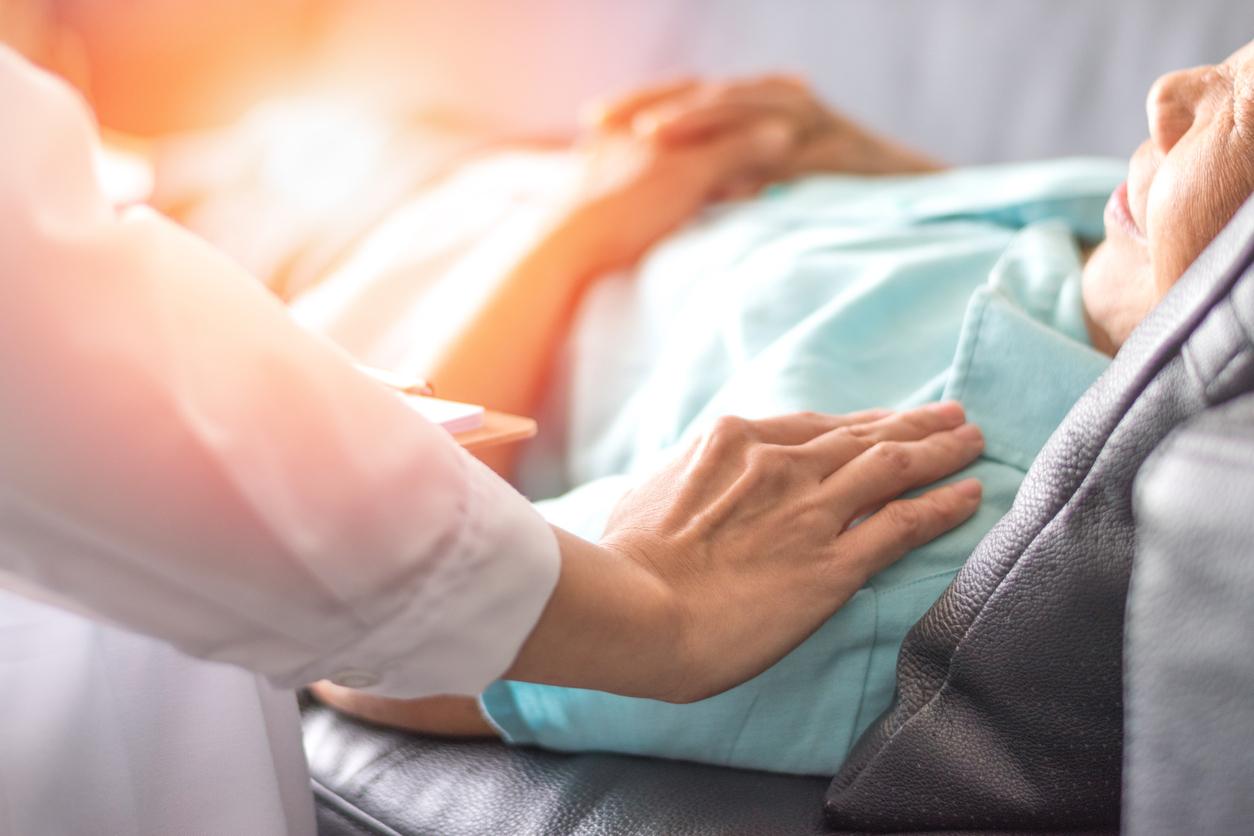Getting away from it all with a virtual reality headset during dental procedures would decrease anxiety, and even pain.

Close-up, a fixed and often involuntarily severe gaze, a mouth hidden behind a mask; in the background, a great light… And the sweet sound of strawberries. Here is the table, seen by the patient, that the dentist offers in his office, as pleasantly decorated as it may be.
Not reassuring, even for the bravest among us. So for the most anxious, stress rises and at the same time, the pain felt. When leaving the office, the next visit always seems too close.
To remedy this fear of the dentist, British practitioners from the universities of Plymouth, Exeter and Birmingham have tested the effectiveness of virtual reality during care. And, according to their results, the technique works quite well in reducing stress.
Escape reality
“Virtual reality is increasingly used in healthcare, but we need more rigorous evidence of its effectiveness in the patient experience,” says Dr. Karin Tanja-Dijkstra, lead author of the study. Our research shows that under the right conditions, this technology can be used to help both patients and practitioners. “
The researchers tested a virtual reality headset on two groups of patients during dental treatment. In the first, they were walking in an urban environment, and in the second, they were treated to a bucolic stroll in Wembury, a village on the coast of South Devon, in the south of England. A third control group was treated normally.
Of the three groups, only the patients who walked the seaside paths felt any real benefit. “The level of positive feedback expressed by patients who have visited Wembury is fantastic,” said Dr Melissa Auvray, who tested the helmet in her practice.
Ocean air
Virtual reality, “disconnection”, would therefore not be the factor promoting relaxation in the dental office. Rather, it is the marine environment in particular, and natural environments in general, that reduce stress and anxiety.
“Recent work suggests that people are happier and more relaxed when they are by the sea,” said Dr Mathew White of the University of Exeter, co-author of the study. It seemed natural to us to try to bottle this experience, and use it to help in potentially stressful medical contexts. “
By limiting the fear of the dentist, the researchers hope to encourage follow-up or conservation visits, which patients too often postpone. The French, for example, would be one in two to dread these visits, and one in five to consider canceling or postponing them.
.
















